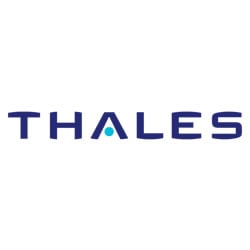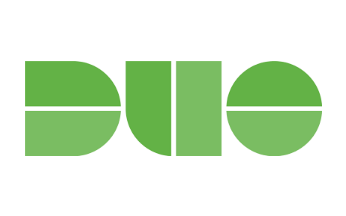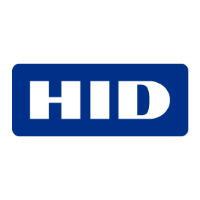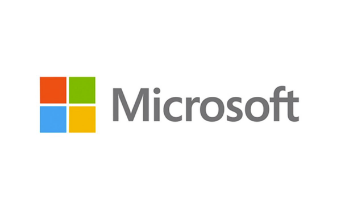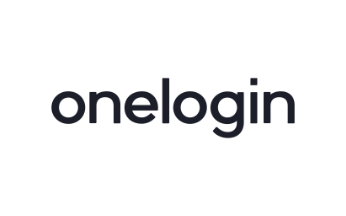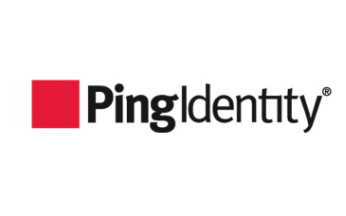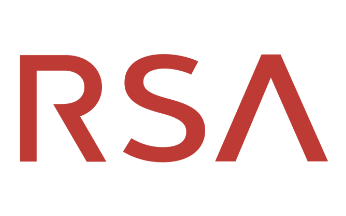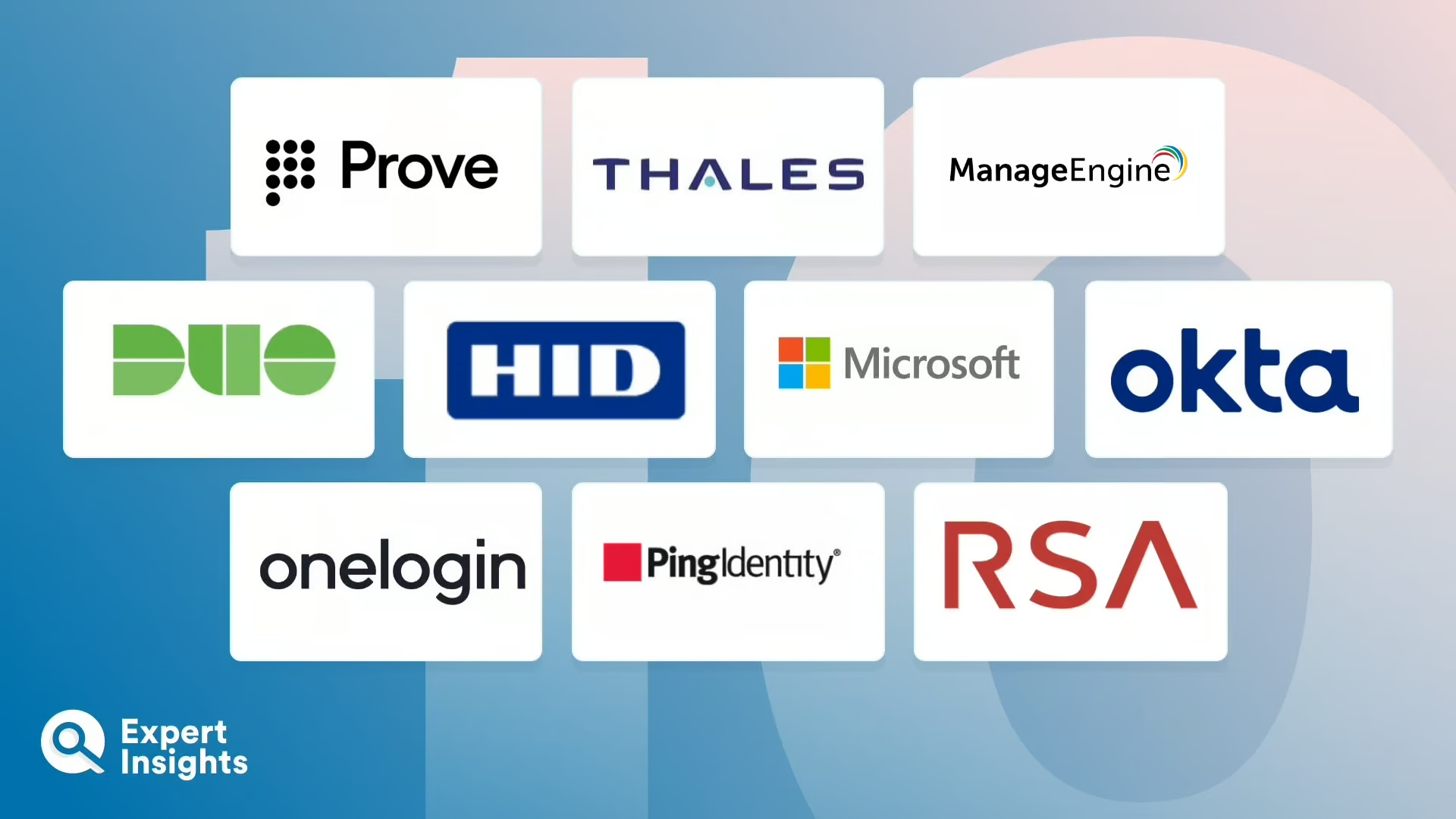Everything You Need To Know About Passwordless Authentication (FAQs)
What Is Passwordless Authentication?
Passwordless authentication is the process of replacing the use of a password with an alternative credential, such as biometrics, FIDO passkeys, hardware tokens, or any other passwordless authentication method. In an enterprise network, this means that an employee, contractor, end-customer, or admin can access key network services and applications with secure, passwordless credentials.
Passwordless authentication is typically more secure than password-based authentication because, instead of using a traditional PIN or password, authentication is typically based around user biometrics, or cryptographic passkeys tied to the specific device or browser in use. Because of this, passwordless credentials are impossible to guess, making them much more difficult to compromise. Passwordless authentication is not infallible and can be compromised, but overall it provides a more secure and user-friendly authentication experience.
What Are The Benefits Of Passwordless Authentication?
Passwordless authentication is easier on the end user and more secure than using passwords. Passwords should be an unpredictable mix of capital letters, lowercase letters, special characters, and numbers. While this makes strong passwords hard for a threat actor to replicate, it also makes them hard to remember.
Most people reuse a simple password across multiple accounts. The problem with this is that when one account is breached, all of your accounts are vulnerable. Passwords can also be stolen via credential-based attacks such as phishing, and by password-stealing malware. Even with multi-factor authentication in place, passwords are still the weak link when authenticating account access.
Passwordless authentication takes away this risk, by taking away your password. This ensures that your account is securely protected, whilst freeing users from having to remember a complex series of letters, keystrokes, and numbers.
In addition, passwordless authentication gives greater control to admins. Rather than needing to enforce password usage and sharing policies, admins can easily control all accounts and services that a user has access to. Enterprise solutions offer integrations with third-party services and directories such as Microsoft Entra, along with support for custom and on-premises applications. This ensures passwordless can be deployed across the entire organization, seamlessly.
How Does Passwordless Authentication Work?
Passwordless authentication replaces the user-selected “password” with a replacement security token. This can be a biometric check, such as using numerical data from a facial scan or fingerprint read or based on cryptographic key data stored on a local device.
Alternatively, some passwordless deployments may leverage one-time passcodes, such as a text message sent to a registered cell phone or use a third-party hardware token that is registered to an account using NFC. Many of the best passwordless authentication solutions support several of these options, enabling users to choose the most convenient or most secure password alternative.
The underlying technology behind passwordless authentication, including FIDO2) is based on cryptographic key pairs. There is a public key, which is stored on the browser or application, and a private key, which is stored on the local device. The private key can only be accessed and matched with the public key using a secure authentication factor, such as a biometric check, OTP, hardware tokens, etc. This makes passwordless authentication highly resistant to phishing and malware, improving the security of accounts.
What Features Should You Look For In A Passwordless Authentication Solution?
When choosing an enterprise passwordless authentication solution it’s important to consider first your internal requirements. Are you a cloud-based organization? Can your users authenticate using existing devices, or are new deployments required? Are users remote, and do you need to authenticate access to custom applications? These questions and more can be used to build an internal checklist of features to pass to vendors in the space.
With that said, there are some important features that all organizations should consider when choosing a passwordless authentication solution. These include:
- Passwordless authentication: The core feature set should be to enable users to securely authenticate without a password.
- Multi-factor authentication (MFA): Passwordless authentication solutions should enforce secure multi-factor authentication processes.
- Contextual authentication: Passwordless authentication systems should use contextual data to identify suspicious login attempts, such as “superman login” attempts or compromised devices.
- Strong user experience: It should be easy and seamless for admins and end users to navigate the system and authenticate to services.
- Admin policies and workflows: Admins should be able to create and modify policies for teams and users to enforce Zero Trust principles within the organization. For example, this may involve automatically onboarding and offboarding privileges.
- Reporting: Admins should have clear access to reports and logs for compliance and troubleshooting purposes.
- Integrations: The best solutions offer a range of integrations with third-party applications and services to streamline the deployment of passwordless authentication.
- Integrations with other security tools: Larger security teams should consider a solution designed to work alongside other security tools such as endpoint detection and response (EDR), mobile device management (MDM), unified endpoint security (UES) and endpoint protection (EPP) solutions to improve identity security effectiveness.





